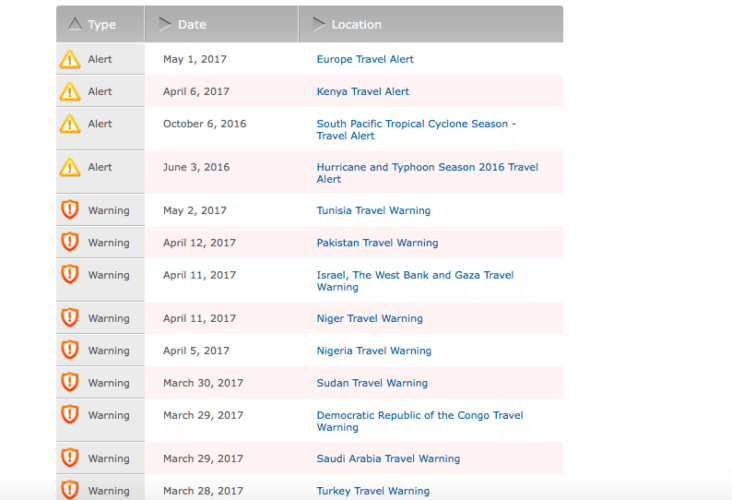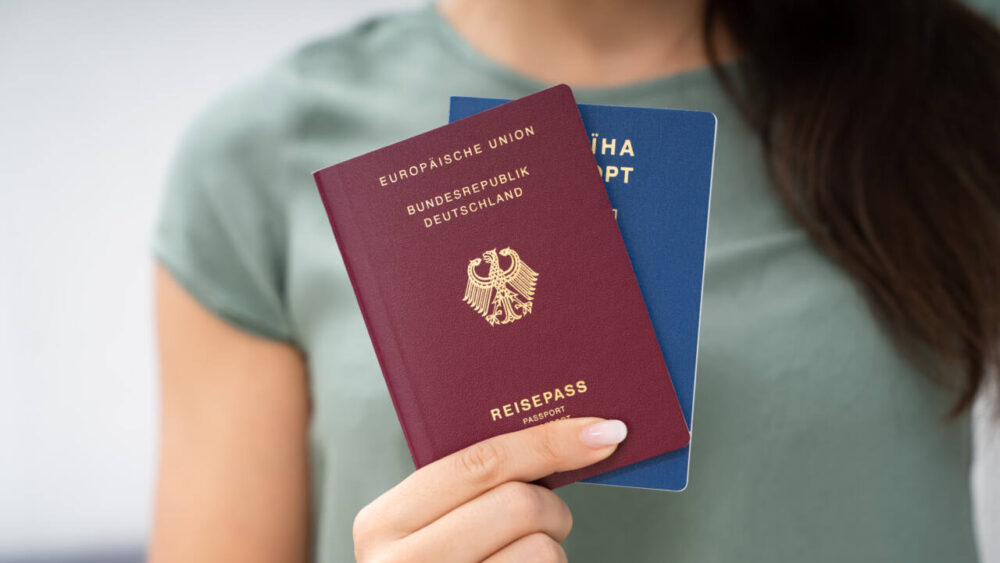Does the European travel alert mean you should cancel your trip?

On May 1, the U.S. State Department issued a new travel alert for Europe. A warning like this can make even the calmest traveler a bit nervous. But what does the alert actually mean? And what is the intent? Should everyone cancel their trips abroad?
The official alert was issued in response to recent terrorist activity across the European continent, including France, Russia, Sweden and the United Kingdom. Here’s an excerpt of the alert from the State Department‘s website:
While local governments continue counterterrorism operations, the Department nevertheless remains concerned about the potential for future terrorist attacks. U.S. citizens should always be alert to the possibility that terrorist sympathizers or self-radicalized extremists may conduct attacks with little or no warning.
The alert is in response to a general threat of terrorism in the region—not a specific, targeted plot. However, the alert advises travelers to remain aware while overseas because places where tourists are likely to be (airports, hotels, parks, restaurants, clubs) are typical terrorist targets.
This alert is set to expire on Sept. 1, 2017.
While these words sound serious (and, they are), tourists should know a few things about these kinds of alerts before changing travel plans.
Know The Difference Between Alert And Warning
The U.S. State Department issues both travel alerts and travel warnings. Here’s the difference between the two:
- A travel alert gets issued for short-term events or seasons. When the event or season is over, officials cancel the alert.
- A travel warning gets issued when officials want travelers to “consider very carefully whether you should go to a country at all.” Reasons for a warning include civil war, frequent terror attacks or an unstable government. Many of these warnings stay in place for years. For example, travel warnings are currently in place for Syria, Afghanistan and North Korea.
This Is Not The First Travel Alert
A travel alert like the one released for Europe this week is relatively common. Last year around this time, the State Department issued a similar alert for Europe before the European Soccer Championship and the Catholic Church’s World Youth Day—two large gatherings that had the potential to be terrorist targets. That alert expired Aug. 31, 2016 with no incidents reported at either event.
In other words, alerts and warnings get released on a regular basis. In fact, this is the fourth travel alert for Europe in the past year, according to The Washington Post. For an up-to-date listing on these notifications, visit the state department’s official website.
Should You Cancel Your European Vacation?
Every traveler should stay aware of the conditions around the world. That’s what the alerts and warnings are for—to educate and inform tourists. However, travel experts warn against canceling trips at the first sign of an alert.
In a 2016 special edition of Conde Nast Traveller, an editor urged travelers,”Don’t cancel your trip! You can only fully grasp the world’s tangled complexities by being in a foreign place.”
The State Department also has a special program to help travelers be more prepared for an overseas emergency. The Smart Traveler Enrollment Program (STEP) allows tourists to register their contact information with the U.S. Embassy in the country they are visiting. Tourists enrolled in the program receive safety alerts from the Embassy, and in the event of an emergency the Embassy can contact travelers and help them get in touch with family and friends back in the States.
So, enjoy those summer vacations you have planned—just stay informed and be prepared!







